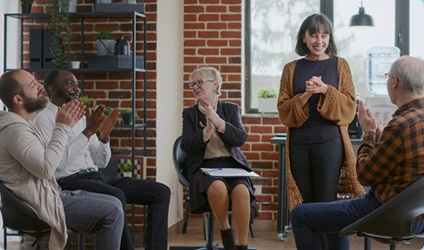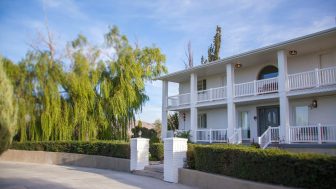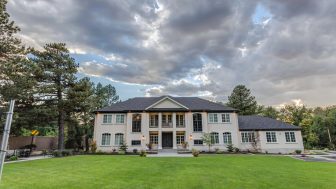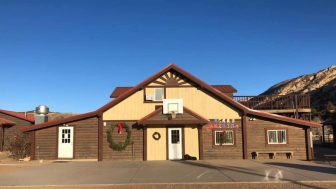Life Balance Recovery
1291 Expressway Lane
Spanish Fork, UT 84660
Spanish Fork, Utah
801-367-0394
Get Help Now - 385-200-3438
 Who Answers?
Who Answers?
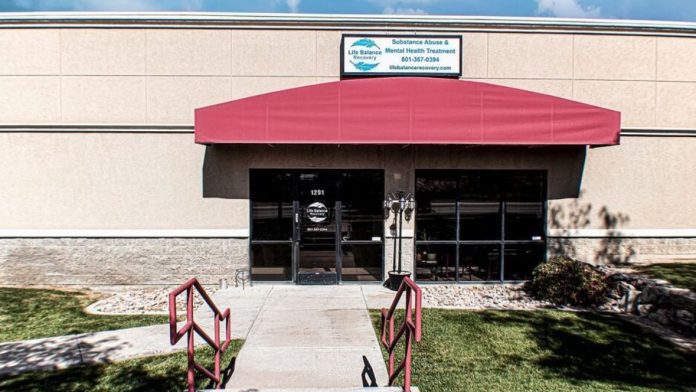
Amenities

Residential Setting
Residential drug rehab provides the comforts of home with the therapeutic support needed to successfully recov...er. Benefits of an inpatient program include increased safety, a higher success rate, and the time and distance given to focus on recovery. Residential drug rehabs are often the preferred method of treatment, as they can be tailored to meet specific needs, offer focused therapeutic care, and provide the necessary tools to sustain recovery.Read More
Addiction Treatment Programs
Adult Program
Men's Rehab
Women's Rehab
Adult Program
An adult program in Utah offers treatment services for those seeking help with drug or alcohol addiction. Methods vary, but most programs use a combination of counseling, medical treatment, and therapeutic activities to help participants achieve recovery.Men's Rehab
When individuals attend men’s rehab in Utah, they receive treatment focused on the experiences of men. For example, this treatment removes the stigma of asking for help or looking weak. This helps men move forward with recovery.Women's Rehab
Women’s rehab in Utah focuses on empowering women with self-confidence and support to achieve long-term sobriety. These programs allow gender-related issues to be handled among other women, which is more comfortable for many participants.Levels of Care
1
Outpatient Rehab
Utah outpatient rehab allows you to remain at home during treatment. You’ll visit a counselor’s office or ...treatment center a couple of times per week for sessions. You’ll also attend 12-step group meetings. This support will provide accountability and help you continue to develop strategies to prevent relapse.Read More
2
Aftercare & Alumni Program
For successful long-term recovery, consider staying actively engaged in Utah aftercare rehab for at least a ye...ar. During this initial time after treatment, you’ll face many challenges and temptations. Aftercare gives you the resources and support you need to maintain sobriety.Read More
3
Dual Diagnosis & Mental Health
If you meet the criteria for both substance abuse disorder and a mental health disorder, this is called dual d...iagnosis. For the best recovery outcomes, you need dual diagnosis treatment in Utah. This type of treatment involves specialists in both fields, to address all your recovery needs.Read More
Accreditations

CARF
Insurance
 Medicaid Accepted
Medicaid Accepted
If you’re a resident of Utah and need financial assistance paying for alcohol and drug rehab in Utah, you ma...y be eligible for coverage through Medicaid. The coverage amount may vary, but it can help cover the cost of alcohol and drug rehab, including detox and inpatient rehab.Read More
 Private Insurance
Private Insurance
If you have private insurance, it may be possible to use it to help cover the cost of alcohol and drug rehab i...n Utah. The amount covered may vary depending on your policy and whether the treatment center is in-network or out-of-network. You may be left with some costs like a co-payment, or co-insurance. Check with your insurer for more information.Read More
 Self-Pay Options
Self-Pay Options
You can pay for alcohol and drug rehab in Utah out-of-pocket in Utah - this is known as self-pay or private pa...y. Self-pay gives you access to a broader range of detox in Utah and inpatient rehab in Utah, because you are not subject to the restrictions or limitations of private insurance companies or state-run programs.Read More
Contact Life Balance Recovery
